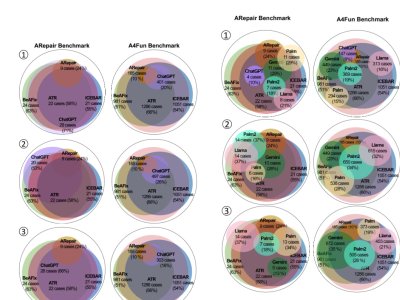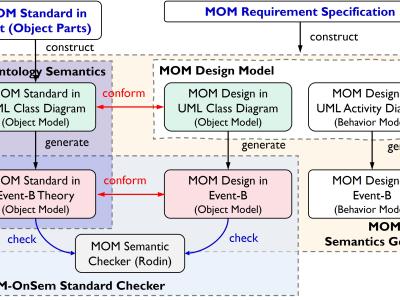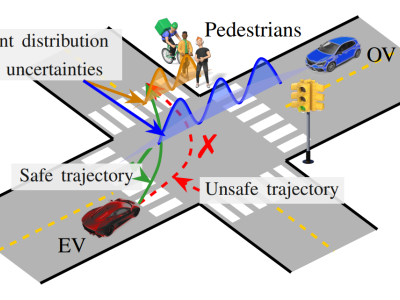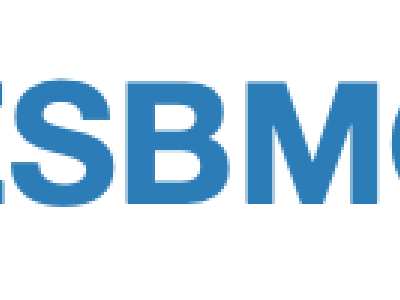
The growing adoption of declarative software specification languages, coupled with their inherent difficulty in debugging, has underscored the need for effective and automated repair techniques applicable to such languages. Researchers have recently explored various methods to automatically repair declarative software specifications, such as template-based repair, feedback-driven iterative repair, and bounded exhaustive approaches. The latest developments in Large Language Models (LLMs) provide new opportunities for the automatic repair of declarative specifications.
- Categories:



